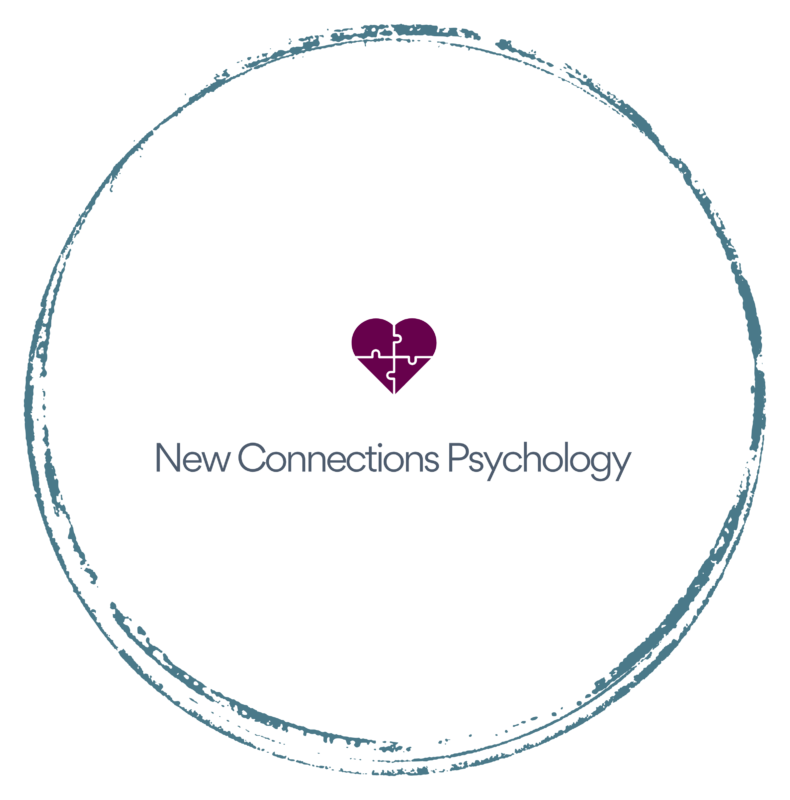Introduction
In today’s fast-paced world, the demands and challenges of daily life can take a toll on our mental health. It’s not uncommon for individuals to experience stress, anxiety, depression, or other mental health issues at some point in their lives. Thankfully, therapy and counselling services provide valuable support and guidance for those struggling with their mental well-being. In this blog post, we will explore the various types of therapy and counselling available, shedding light on their roles in promoting mental health and well-being.
Understanding Therapy and Counselling
Therapy and counselling are umbrella terms that encompass a wide range of therapeutic techniques and approaches aimed at helping individuals address emotional, psychological, and behavioural issues. These services are typically provided by trained professionals, such as psychologists, counsellors, social workers, or psychiatrists, who employ evidence-based methods to support their clients in managing their mental health challenges.
Different Types of Therapy and Counselling
- Cognitive-Behavioural Therapy (CBT)
CBT is a widely used therapeutic approach that focuses on identifying and changing negative thought patterns and behaviours. By challenging distorted thinking and encouraging positive behavioural changes, CBT equips individuals with practical coping strategies to manage stress, anxiety, and depression effectively.
- Psychodynamic Therapy
Psychodynamic therapy explores unconscious thoughts and feelings, often rooted in past experiences, to gain insight into a person’s emotional struggles. Through this self-exploration, individuals can develop a deeper understanding of themselves, leading to improved self-esteem and healthier relationships.
- Humanistic Therapy
Humanistic therapy emphasizes personal growth, self-actualization, and the belief that individuals inherently possess the capacity for positive change. Therapists employing humanistic approaches create a safe, non-judgmental space, fostering self-discovery and helping clients reconnect with their inner selves.
- Mindfulness-Based Therapy
Mindfulness-based therapies, such as Mindfulness-Based Stress Reduction (MBSR) and Mindfulness-Based Cognitive Therapy (MBCT), integrate mindfulness meditation and awareness techniques to help individuals manage stress, regulate emotions, and enhance overall well-being. These therapies are particularly effective in addressing anxiety and depression.
- Family Therapy
Family therapy focuses on improving communication and resolving conflicts within families. By addressing relational dynamics and working collaboratively, family therapy helps individuals and families navigate challenging situations, fostering healthier family relationships and a more supportive environment.
- Group Therapy
Group therapy involves a therapist-led session with a small group of individuals facing similar challenges. Sharing experiences and receiving support from others who can relate to their struggles can be incredibly empowering. Group therapy provides a sense of community, reduces feelings of isolation, and promotes social connection, enhancing participants’ overall mental health.
- Dialectical Behaviour Therapy (DBT)
DBT combines cognitive-behavioural techniques with mindfulness strategies. It is particularly effective for individuals struggling with intense emotions, self-harm tendencies, or borderline personality disorder. DBT teaches skills to manage distress, regulate emotions, improve interpersonal relationships, and enhance overall life satisfaction.
The Importance of Seeking Therapy and Counselling
Many individuals hesitate to seek therapy or counselling due to stigma or misconceptions surrounding mental health issues. However, it’s essential to recognize that therapy and counselling provide a safe and confidential space for individuals to express their thoughts and emotions openly. By addressing mental health concerns early on, individuals can prevent issues from escalating, leading to improved overall quality of life.
Moreover, therapy and counselling services are not only for individuals facing severe mental health challenges. They are valuable resources for anyone seeking personal growth, self-discovery, or support during life transitions. Therapists and counsellors offer guidance for various concerns, such as relationship issues, grief, work-related stress, and self-esteem challenges.
Getting Help through Counselling
Seeking help through counselling can be a transformative experience. Often, individuals find themselves caught in cycles of negative thoughts and emotions, unable to break free from the overwhelming challenges they face. Counselling offers a lifeline, providing a compassionate and objective perspective that can shed light on even the most complex situations. A skilled counsellor creates a supportive environment where clients can openly express their feelings, fears, and frustrations without fear of judgment. Through active listening, empathy, and understanding, counsellors help individuals gain insights into their emotions and behaviours. They provide practical tools and coping strategies tailored to the individual’s specific needs, enabling them to navigate life’s difficulties with resilience and confidence. Counselling serves as a beacon of hope, guiding individuals toward self-discovery, healing, and personal growth.
Moreover, counselling is not just about addressing problems; it’s also a valuable resource for personal development and self-improvement. Many people seek counselling to enhance their communication skills, boost their self-esteem, or improve their relationships. By working with a counsellor, individuals can explore their goals and aspirations, identify obstacles, and develop strategies to achieve their full potential. The therapeutic relationship formed between the counsellor and the client becomes a foundation for positive change, fostering trust and collaboration. As clients gain insights into their thoughts and behaviours, they can make informed decisions, cultivate healthier relationships, and achieve a greater sense of fulfillment and purpose in their lives.
Conclusion
Therapy and counselling play a vital role in promoting mental health and well-being. By offering diverse therapeutic approaches tailored to individuals’ unique needs, these services empower individuals to overcome challenges, develop coping skills, and lead fulfilling lives. It’s crucial to recognize that seeking therapy is a sign of strength, reflecting a proactive approach to one’s mental health.
If you or someone you know is struggling with mental health issues, consider reaching out to a qualified therapist or counsellor. Remember, taking the first step towards seeking help is a significant stride towards a healthier, happier, and more balanced life.

